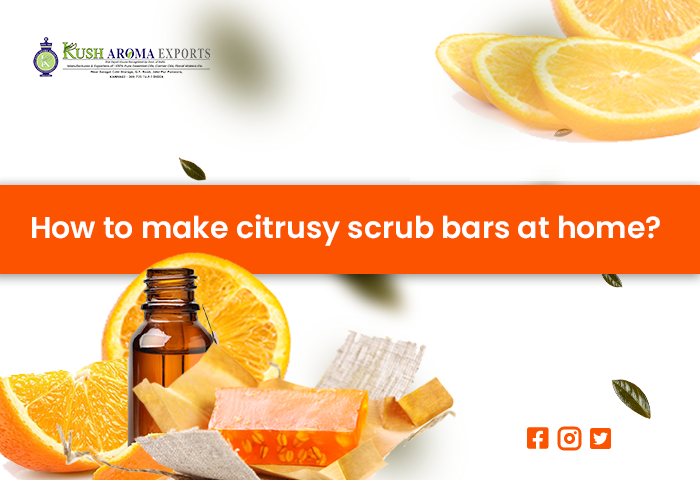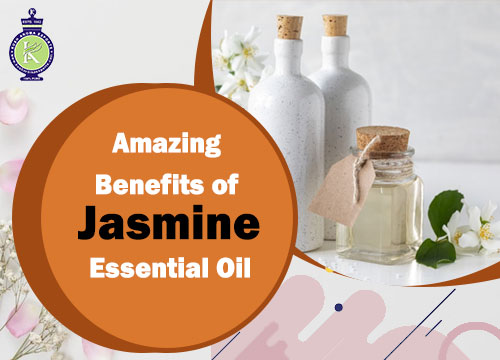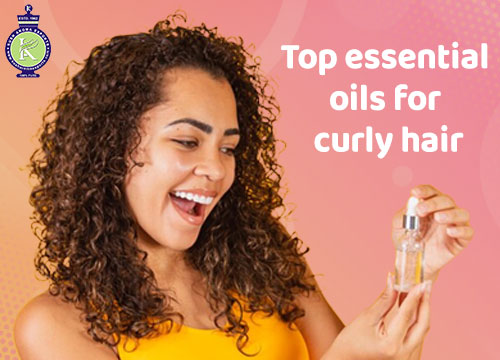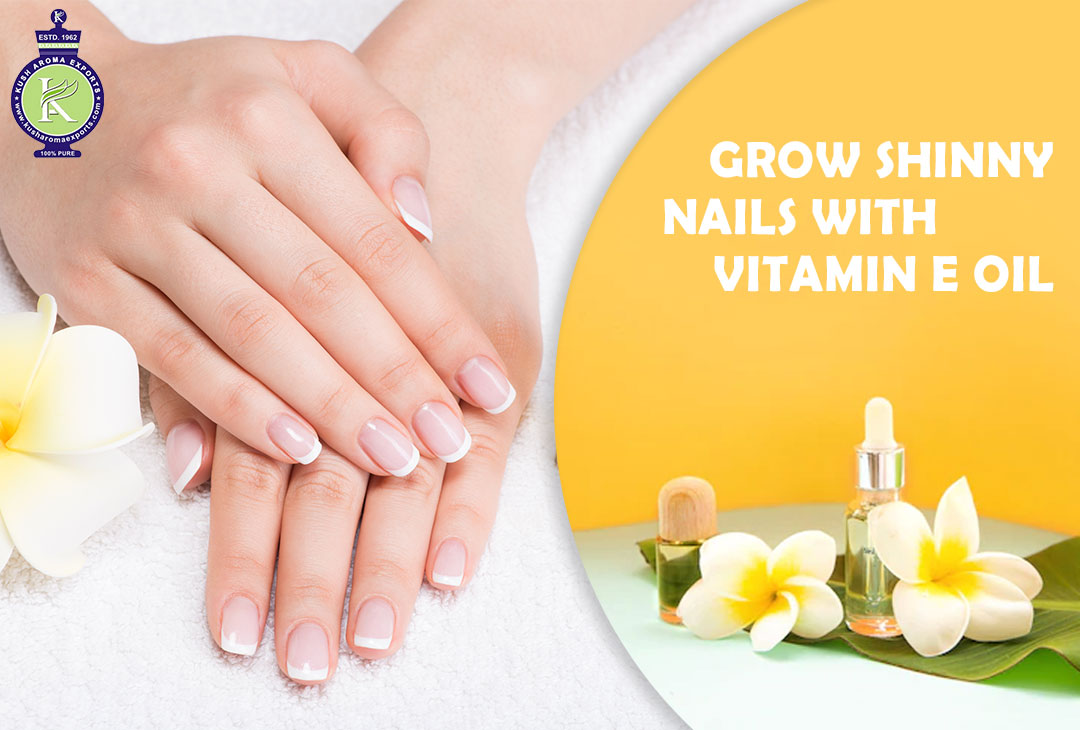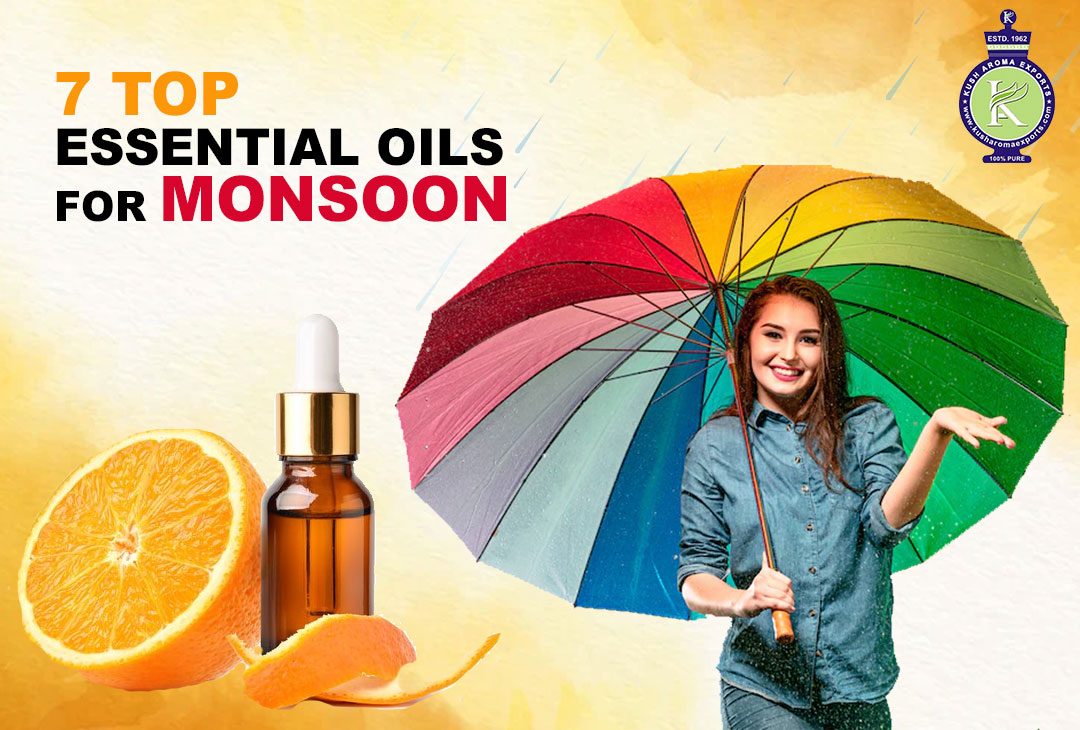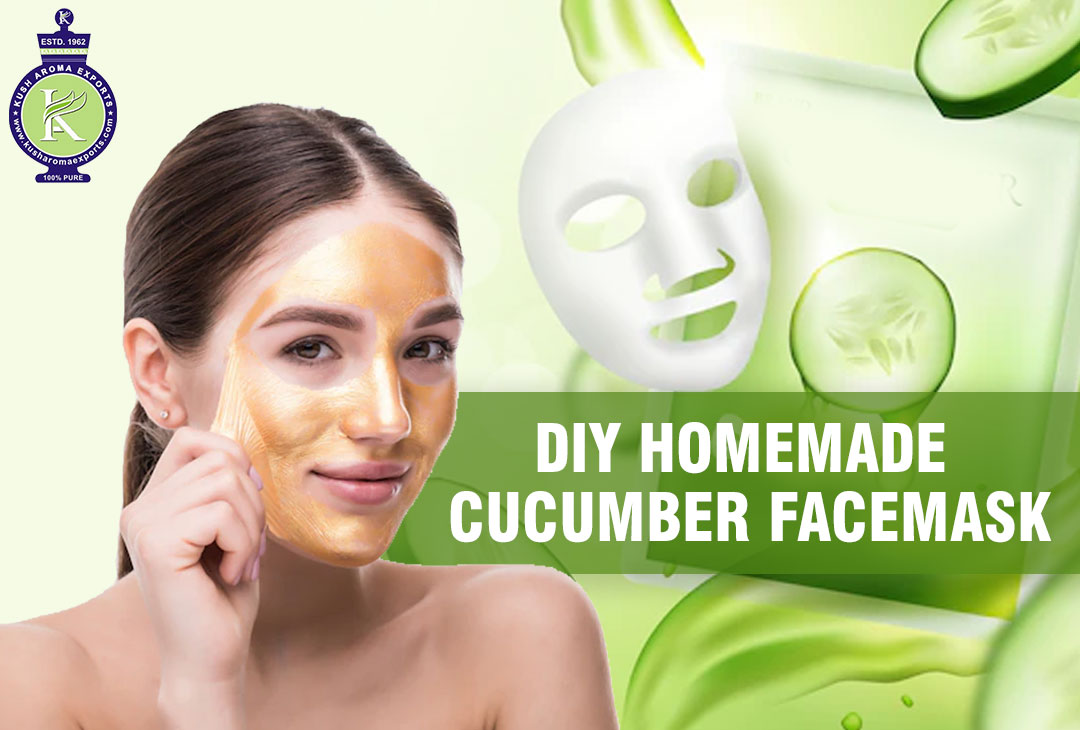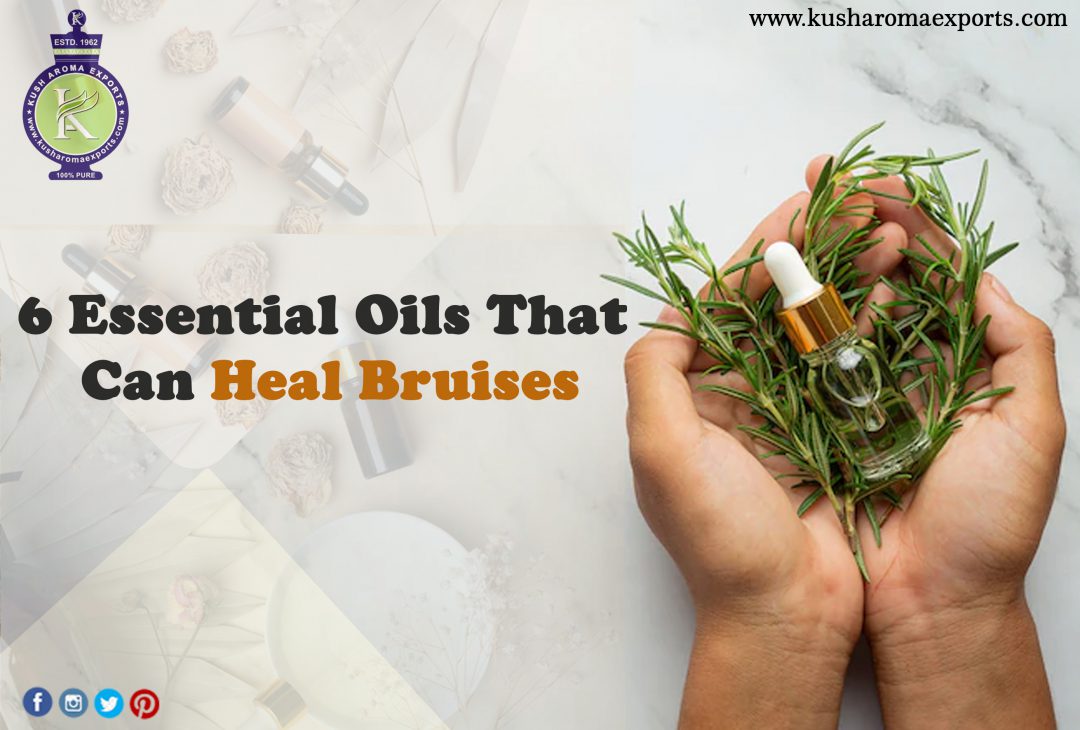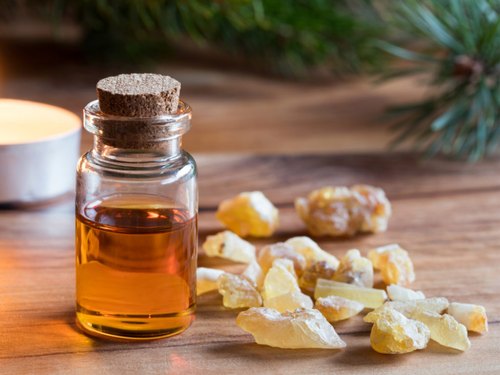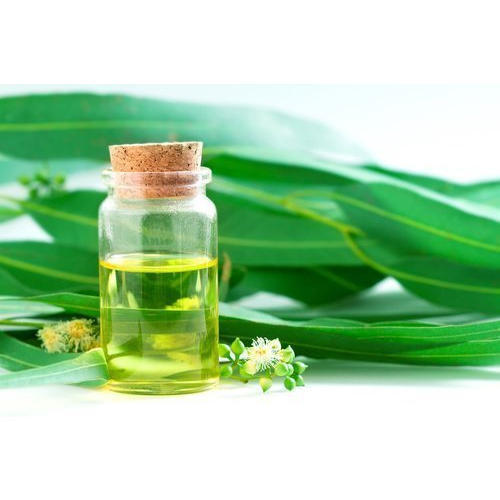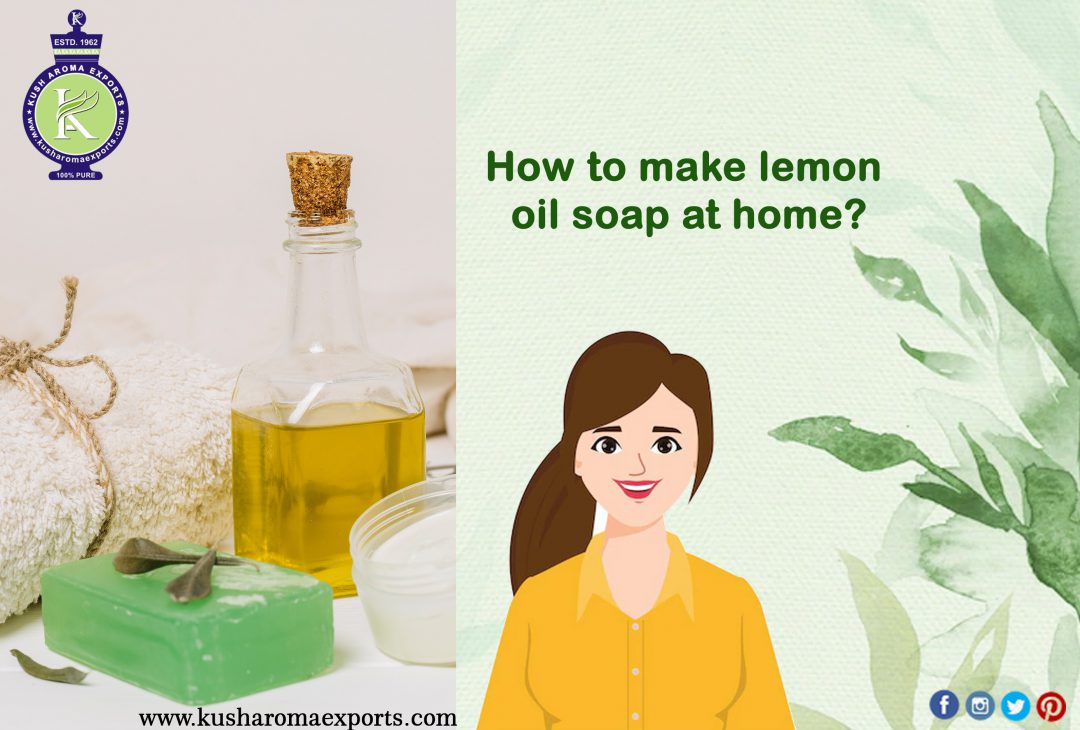Everybody dreams of finding a single skincare item that would seamlessly hydrate, exfoliate, wash, and nourish their skin. The days of using a body wash and a sugar scrub for your skin are also over because it’s now possible to mix the two into a fantastic scrub soap that will do the job flawlessly.
A handmade scrub soap bar gives your skin a spa-like experience when you use it all over your body. This exfoliating scrub soap’s sugar or salt gently exfoliates skin, while the soap base completely cleanses it and the essential oils moisturise it, giving you radiant, refreshed skin.
What is a scrub bar?
Making DIY scrub bars is a simple and enjoyable project for both beginning and seasoned crafters. They are made with oil, sugar, or salt, and Melt & Pour Soap Base. The mixture is quickly completed before being poured into the mould. These soap scrubs exfoliate, cleanse, and moisturise the skin unlike any other product.
Scrub Soap Bars Recipe
Making scrub soap bars is not difficult or time-consuming. The fact that you can choose exactly what goes into these DIY scrub soap bars is their best feature. Make your own scrub bars at home using natural, non-toxic ingredients that restore and nourish dry, dull skin rather than synthetic parabens or silicones.
Exfoliating and moisturising cleansers like sugar scrub bars help to get rid of dead skin cells while also nourishing the skin. They were made using just a few simple ingredients that were already in the house. Since the recipe is very adaptable, you can change the ingredients to suit your preferences and needs.
Ingredients for homemade sugar scrub bars
To begin the process of making soap, gather the following ingredients:
- 1/2 cup, shredded or cubed, Melt and Pour Soap Base
- 3–4 drops of your preferred essential oil
- 100 ml Sugar
- Coconut Oil, 1/4 cup
- Selective Silicone Mold
- Making Sugar Scrub Bars at Home
Use a double boiler to melt your chopped soap base. If you don’t have a double boiler, you can melt the ingredients in the microwave in intervals of 15 seconds while stirring.
- Add the essential oil after thoroughly blending in the coconut oil.
- Add your coloured mica and combine until the colour is uniform.
- Add the sugar and mix thoroughly. The soap base should have a slushy-like consistency.
- Pour into moulds, then wait a couple of hours to remove them.
How do you use it?
Applying soap to wet skin requires rubbing the soap bar over the area. To exfoliate your skin, gently massage the sugar soap onto it. For best results, let it rest on the skin for a few minutes. Use warm water to rinse.
Recipe for Salt Scrub Bars
A salt-based soap Scrubs soap bar is an exfoliating soap bar that aids in clearing the skin of dead skin cells, toxins, and impurities. Warm water causes the salt in this scrub soap to melt, leaving a Himalayan salt bar that is lusciously smooth and creamy with only a light exfoliation.
DIY Salt Scrub Bars Ingredients
- 1/2 pound of your preferred Melt and Pour soap base
- one tablespoon of sweet almond oil
- 10 drops of your preferred essential oil
- Pink Himalayan salt, 3 teaspoons
- 1-2 drops of soap colouring substance
- Mold for Silicone Soap
Technique for Making DIY Salt Scrub Bars
- Put the squares of the soap base in a bowl that can go in the microwave first.
- After that, heat until melted for 30 seconds at a time.
- Then pour the sweet almond oil into the bowl and fully incorporate it.
- Add a few drops of the essential oil of your choice to the same location.
- Add the soap colouring pigment of your choice.
- Now sprinkle a small amount of salt on the soap mold’s base.
- Carefully pour the soap mixture into the mould.
- After that, sprinkle a little salt on top of the soap. The salt is what gives these scrub bars their exfoliating properties.
- Last but not least, let it sit for at least an hour to harden. When not in use, gently remove and store in an airtight container or zip-top bag.
Uses for scrub soap bars
Apply a salt scrub in circular motions to your entire body. When you have thoroughly cleaned your body, let the water wash it all away. I’m done now! After using a salt scrub, moisturise with a body oil because the skin is still quite fresh and requires some moisture.
Reasons to Use Scrub Soap Bars
Handmade body scrubs and soap bars remove dead skin cells while also promoting improved blood circulation, clearer skin, and the removal of impurities. The capacity of your skin to absorb moisturisers is enhanced by these scrub soaps. Any moisturiser applied later on will penetrate the skin more deeply after removing dead skin cells. They’ll aid in pore cleaning and prevent ingrown hairs.
Conclusion
Making scrub soap is a happy and enjoyable task. You can make your own handcrafted scrub soaps that exfoliate, moisturise, and nourish your skin using just a few basic ingredients. You can make homemade scrub soaps by following the provided instructions even if you’re unsure of the ingredients to use.

